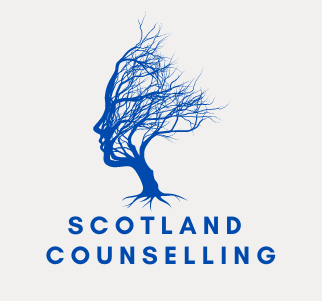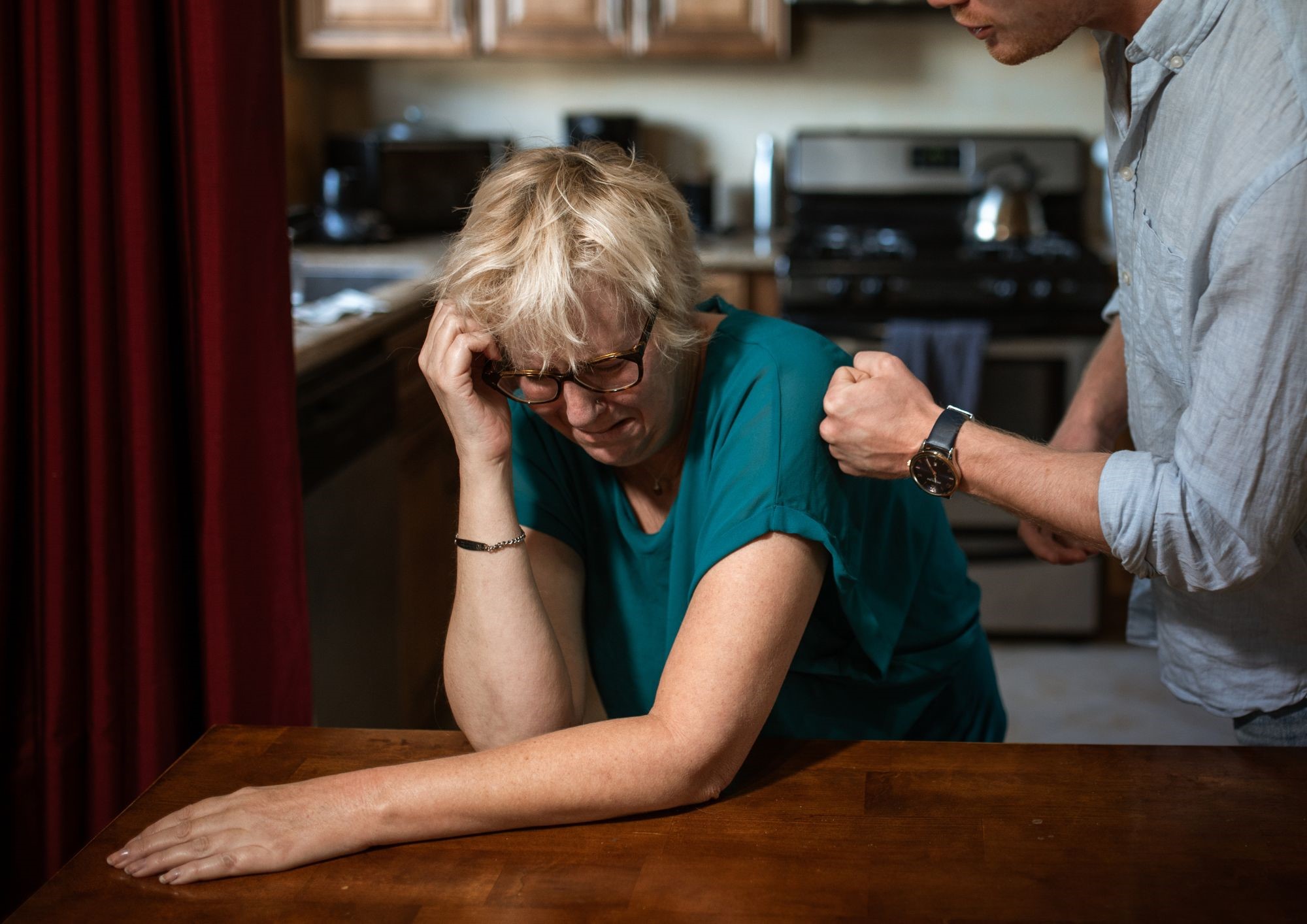Symptoms and treatment
Some common symptoms of panic attacks include:
- Sudden and intense feelings of fear or dread
- Rapid heartbeat or heart palpitations
- Sweating or trembling
- Shortness of breath or difficulty breathing
- Chest pain or discomfort
- Nausea or stomach upset
- Feeling lightheaded or dizzy
- Tingling or numbness in the hands or feet
- Feeling detached from reality
Panic attacks can be frightening and distressing, but they are treatable. Many effective treatments are available, including counselling, therapy, medication, and lifestyle changes.
Cognitive-behavioural therapy (CBT) is a type of therapy commonly used to treat panic attacks. It focuses on identifying and changing negative thought patterns and behaviours contributing to panic attacks. Other therapies that may be effective for panic attacks include exposure therapy and psychodynamic therapy.
Medications such as antidepressants and anti-anxiety medications may also be prescribed to help manage symptoms of panic attacks.
Lifestyle changes can also be effective in managing panic attacks. Regular exercise, healthy eating habits, and stress-reducing techniques such as deep breathing and mindfulness meditation can all help reduce the frequency and intensity of panic attacks.
If you are experiencing symptoms of panic attacks, seeking help is important. A mental health professional can provide support and guidance to help you manage your symptoms and improve your quality of life.










